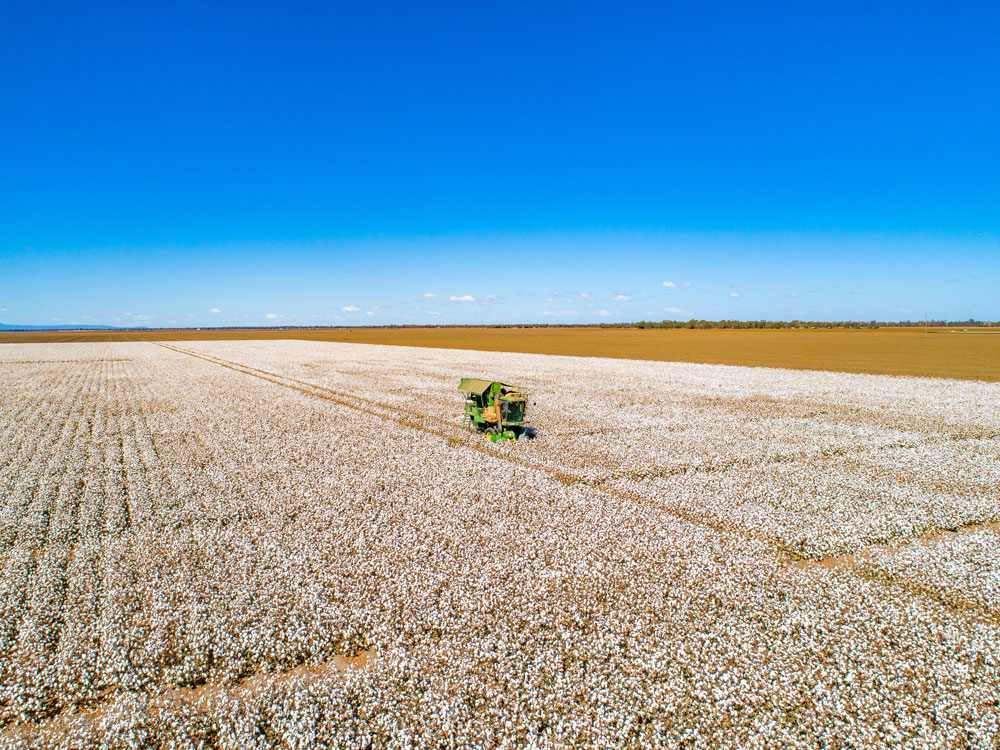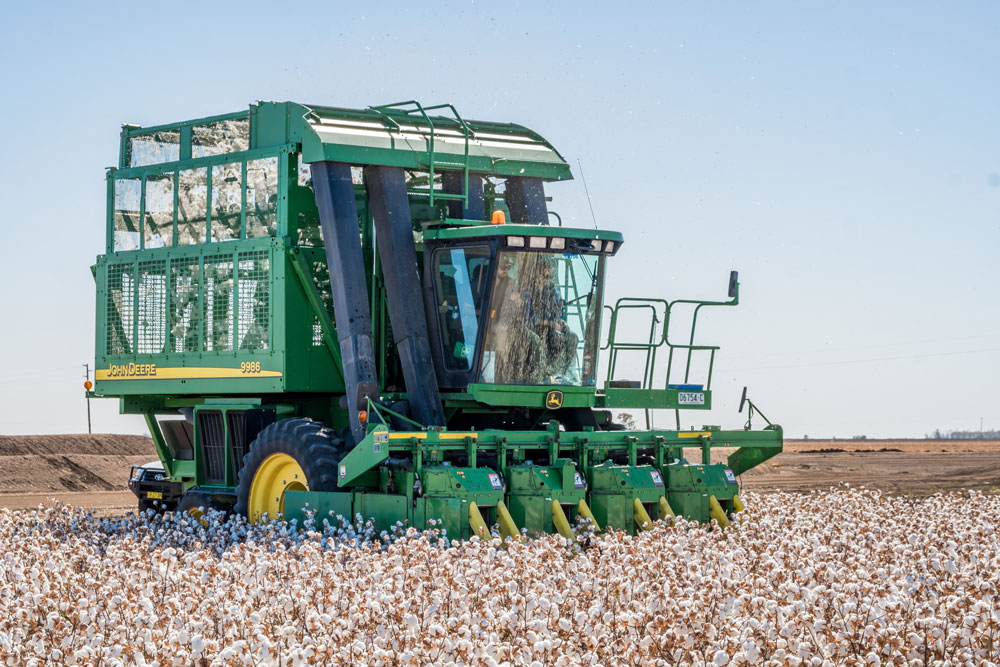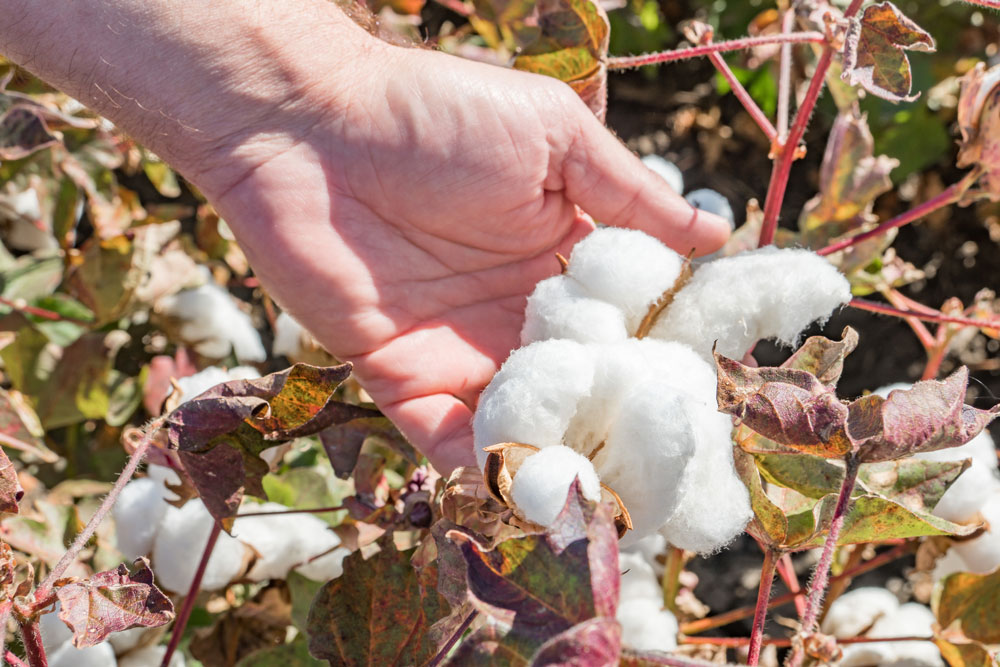
Research turns cotton gin waste to bioethanol
NSW Department of Primary Industries contributed to innovative research to turn cotton gin trash (CGT) into bioethanol.

Working towards zero waste in agriculture, NSW Department of Primary Industries (DPI) contributed to innovative research to turn cotton gin trash (CGT) into bioethanol, with the results published in the April Bioresource Technology Journal.
In Australia, cotton cultivation is a major broadacre crop with over 500,000 hectares harvested annually and during the ginning process up to 60kg of CGT is generated per bale of cotton lint.
Renewable bioenergy technologies appeal to most agricultural industries because they can potentially convert large quantities of waste into valuable products.
 NSW DPI Senior Research Scientist Dr Tony Vancov said CGT is rich in carbohydrates which could, following treatment, be used as a source of sugar for ethanol fermentation and/or other high value products.
NSW DPI Senior Research Scientist Dr Tony Vancov said CGT is rich in carbohydrates which could, following treatment, be used as a source of sugar for ethanol fermentation and/or other high value products.
“The 3-year research project culminated in a pilot scale demonstration of a two-stage pre-treatment and bioethanol fermentation process for CGT,” Dr Vancov said.
“The first stage of the process involved the conversion of CGT into fermentable sugars via a biochemical pathway, and the second stage involved yeast fermentation of recovered sugars into bioethanol.
The high temperature steam pre-treatment was undertaken at the Mackay Renewable Biocommodities Pilot Plant.
Dr Vancov said the project successfully developed advanced technologies for the conversion of CGT into bioethanol and reinforces its use as a potential feedstock for the Australian biorefinery industry.
“It’s a great win for the industry, producers can benefit as additional revenues from CGT will increase their profitability and competitiveness, and cotton gin operators can lower their carbon footprint,” he said.
 “This technology is easily adaptable to other forms of agricultural biomass waste and its use means an increase in regional investment and employment opportunities.”
“This technology is easily adaptable to other forms of agricultural biomass waste and its use means an increase in regional investment and employment opportunities.”
The work was undertaken as part of the Biorefineries for Profit project with funding from Sugar Research Australia (SRA) and the Australian Government Department of Agriculture, Water and the Environment through the Rural R&D for Profit Program and Queensland Government Department of Agriculture and Fisheries, Cotton Research and Development Corporation, Forest & Wood Products Australia, Australian Pork Ltd, Southern Oil Refining, Queensland University of Technology and NSW Department of Primary Industries, with Yarraman Gin (Namoi Cotton Co-operative Ltd).

